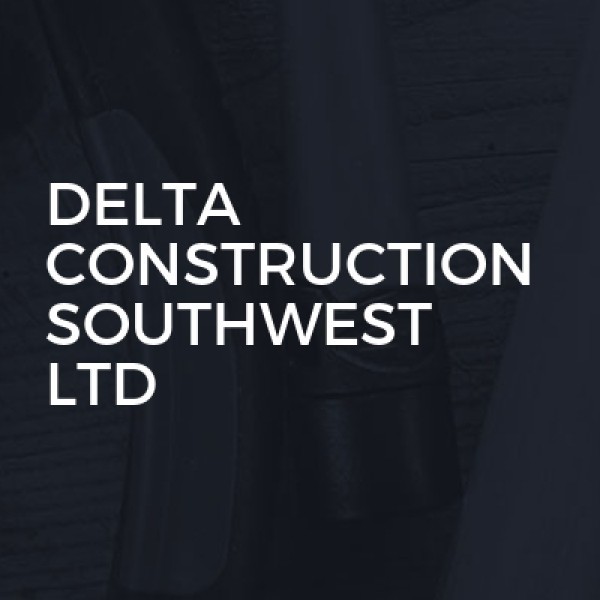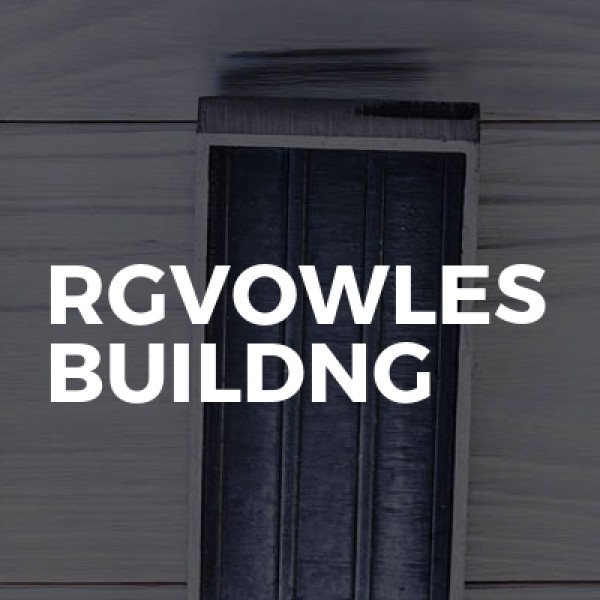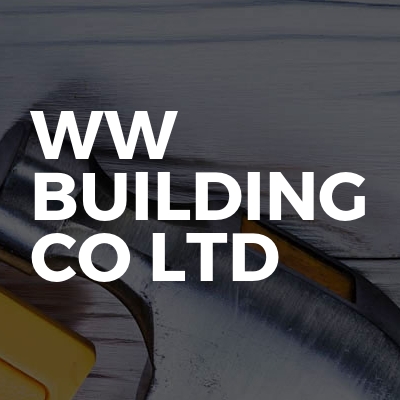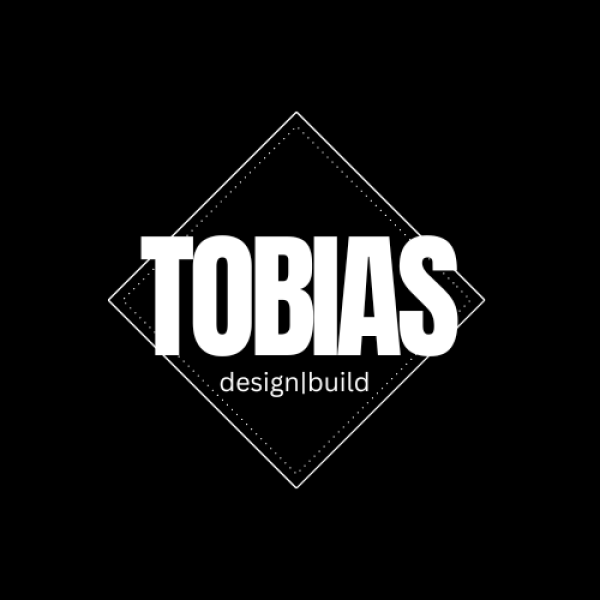Extension Builders in Wincanton
Welcome to Site-Lines Installations, your go-to experts for all building and renovation needs in Somerset. Proudly based in Northend, we... read more »
Welcome to PL Kitchens & Bedrooms, the premier choice for kitchen and bedroom transformations in St Georges, Somerset. Our expert team of... read more »
R&F Construction, a renowned name in the heart of Wells, is your go-to solution for all your building a... read more »
Delta Construction Southwest Ltd: Your Trusted Builders in Ruishton and Somerset
Welcome to Delta Construction S... read more »
GENERATIONS: Your Trusted Tradespeople in Somerset
Welcome to GENERATIONS, a reputable Britten's-based business... read more »
Welcome to Rose Masonry, your go-to experts for Builders, Extension Builders, and Bricklayers in Wincanton and throughout Somer... read more »
Margetts & Walker Construction Ltd, nestled in the picturesque Frieze Hill, Somerset, stands as a beacon of excellence i... read more »
Welcome to The Orange Room Conservatories, your premier choice for builders, roofers, double glazing, conservatories, renovations, extens... read more »
S&R Construction (South West) Limited is a premier choice for all your construction needs in New Town, Somerset<... read more »
Welcome to RG Vowles Building, your go-to experts for all construction needs in Yarrow and throughout Somerset. As a leading provider of... read more »
WW Building Co Ltd is a reputable and trusted company based in the heart of Priorswood, offering a comprehensive range o... read more »
Welcome to Tobias Design&Build, your trusted partner for all your construction and landscaping needs in Weston and across Somerset. As a... read more »
Welcome to B S Building Ltd, your trusted partner for exceptional building services in Wearne and the picturesque county of Somerset. As... read more »
Welcome to NL Thomas Building Contractors, your go-to... read more »
Welcome to Colin Clarke Building & Roofing Contractor... read more »
Welcome to Somerset Loft Conversions, your trusted pa... read more »
Welcome to Ed Bartlett Building Contractor, your go-t... read more »
Welcome to Creative Developments SW Limited, your go-... read more »
John Cox General Builders Ltd is a p... read more »
Search Extension Builders in places nearby
Introduction to Extension Builders in Wincanton
Wincanton, a charming town nestled in the heart of Somerset, is renowned for its picturesque landscapes and vibrant community. As families grow and lifestyles evolve, many homeowners in Wincanton are considering home extensions to enhance their living spaces. Extension builders in Wincanton are skilled professionals who specialise in transforming homes to meet the changing needs of their residents. This article delves into the world of extension builders in Wincanton, exploring their services, benefits, and the process of creating a dream home extension.
The Role of Extension Builders
Extension builders play a crucial role in the home improvement industry. They are responsible for planning, designing, and constructing additional spaces in existing homes. These professionals possess the expertise to manage various aspects of a building project, from obtaining necessary permits to ensuring compliance with local building regulations. In Wincanton, extension builders are known for their attention to detail and commitment to delivering high-quality results.
Types of Home Extensions
- Single-Storey Extensions: Ideal for expanding ground floor living areas, such as kitchens or living rooms.
- Double-Storey Extensions: Perfect for adding extra bedrooms or bathrooms, providing more space without increasing the home's footprint.
- Conservatories: Glass structures that bring natural light into the home, often used as sunrooms or additional living spaces.
- Garage Conversions: Transforming unused garages into functional rooms, such as home offices or guest suites.
Benefits of Hiring Extension Builders in Wincanton
Choosing to work with extension builders in Wincanton offers numerous advantages. These professionals bring a wealth of experience and local knowledge to each project, ensuring a seamless and stress-free process. Here are some key benefits:
Expertise and Experience
Extension builders in Wincanton have extensive experience in handling various types of home extensions. Their expertise allows them to anticipate potential challenges and provide innovative solutions, ensuring that the project is completed on time and within budget.
Quality Craftsmanship
These builders are committed to delivering high-quality workmanship. They use the finest materials and employ skilled tradespeople to ensure that every aspect of the extension meets the highest standards.
Local Knowledge
Being familiar with Wincanton and its surroundings, local extension builders have a deep understanding of the area's architectural styles and building regulations. This knowledge enables them to create extensions that blend seamlessly with the existing structure and comply with all legal requirements.
The Process of Building an Extension
Building an extension is a complex process that involves several stages. Understanding these steps can help homeowners make informed decisions and ensure a successful outcome.
Initial Consultation
The process begins with an initial consultation, where the homeowner discusses their vision and requirements with the extension builder. This meeting allows the builder to assess the feasibility of the project and provide preliminary advice on design and budget.
Design and Planning
Once the project scope is defined, the builder collaborates with architects and designers to create detailed plans. These plans include architectural drawings, structural calculations, and specifications for materials and finishes. The design phase also involves obtaining necessary planning permissions and building regulations approval.
Construction Phase
With plans approved, the construction phase begins. This stage involves site preparation, foundation work, and the erection of the extension structure. Skilled tradespeople, such as carpenters, electricians, and plumbers, work together to bring the design to life.
Final Touches and Handover
Once construction is complete, the builder focuses on finishing touches, such as painting, flooring, and installing fixtures. A final inspection ensures that the extension meets all quality standards and is ready for occupancy. The builder then hands over the completed project to the homeowner.
Choosing the Right Extension Builder in Wincanton
Selecting the right extension builder is crucial to the success of any home improvement project. Here are some tips to help homeowners make the best choice:
Research and Recommendations
Start by researching local extension builders and seeking recommendations from friends, family, or neighbours who have undertaken similar projects. Online reviews and testimonials can also provide valuable insights into a builder's reputation and reliability.
Check Credentials
Ensure that the builder is licensed, insured, and a member of a recognised trade association. These credentials demonstrate a commitment to professionalism and adherence to industry standards.
Review Past Projects
Ask to see examples of the builder's previous work. This will give you an idea of their style and quality of craftsmanship. Visiting completed projects can also provide inspiration for your own extension.
Obtain Multiple Quotes
Request quotes from several builders to compare costs and services. Be wary of quotes that seem too good to be true, as they may indicate subpar materials or workmanship.
Common Challenges in Home Extensions
While home extensions offer numerous benefits, they can also present challenges. Being aware of these potential issues can help homeowners prepare and mitigate risks.
Budget Overruns
Unexpected costs can arise during construction, leading to budget overruns. To avoid this, work with your builder to establish a realistic budget and include a contingency fund for unforeseen expenses.
Delays in Construction
Weather conditions, supply chain disruptions, and other factors can cause delays in the construction timeline. Regular communication with your builder can help identify potential delays early and develop strategies to minimise their impact.
Design Changes
Changes to the design during construction can lead to increased costs and extended timelines. To prevent this, finalise the design before construction begins and limit changes to essential adjustments.
Planning Permission and Building Regulations
Understanding planning permission and building regulations is essential for a successful home extension project. Here's what homeowners need to know:
Planning Permission
Planning permission is required for certain types of extensions, particularly those that significantly alter the appearance or size of a property. Your extension builder can advise on whether your project requires permission and assist with the application process.
Building Regulations
Building regulations ensure that construction work meets safety and quality standards. All extensions must comply with these regulations, which cover aspects such as structural integrity, fire safety, and energy efficiency. Your builder will ensure that the project adheres to these requirements.
Environmental Considerations
As environmental awareness grows, many homeowners are seeking sustainable solutions for their home extensions. Here are some eco-friendly options to consider:
Energy-Efficient Design
Incorporating energy-efficient features, such as high-performance insulation, double-glazed windows, and energy-efficient lighting, can reduce the environmental impact of your extension and lower energy bills.
Sustainable Materials
Choose sustainable building materials, such as reclaimed wood, recycled metal, and low-VOC paints, to minimise the environmental footprint of your project.
Renewable Energy Sources
Consider integrating renewable energy sources, such as solar panels or ground-source heat pumps, to power your extension and reduce reliance on fossil fuels.
Frequently Asked Questions
- How long does it take to build a home extension? The timeline for a home extension varies depending on the size and complexity of the project. On average, it can take anywhere from three to six months to complete.
- Do I need planning permission for a small extension? Not all extensions require planning permission. Your builder can advise on whether your project falls under permitted development rights or requires permission.
- Can I live in my home during the extension construction? In most cases, homeowners can continue living in their homes during construction. However, there may be some disruption, particularly during major structural work.
- How much does a home extension cost? The cost of a home extension depends on factors such as size, design, and materials. It's essential to obtain detailed quotes from builders to understand the potential costs.
- What should I look for in an extension builder? Look for a builder with experience, positive reviews, and the necessary credentials. It's also important to choose someone you feel comfortable communicating with throughout the project.
- How can I ensure my extension is environmentally friendly? Work with your builder to incorporate sustainable design features, choose eco-friendly materials, and consider renewable energy options.
Final Thoughts on Extension Builders in Wincanton
Extension builders in Wincanton offer invaluable expertise and services to homeowners looking to enhance their living spaces. By understanding the process, benefits, and potential challenges of home extensions, residents can make informed decisions and create beautiful, functional spaces that meet their needs. With the right builder, a home extension can be a rewarding investment that adds value and comfort to your home for years to come.
Send a message

















